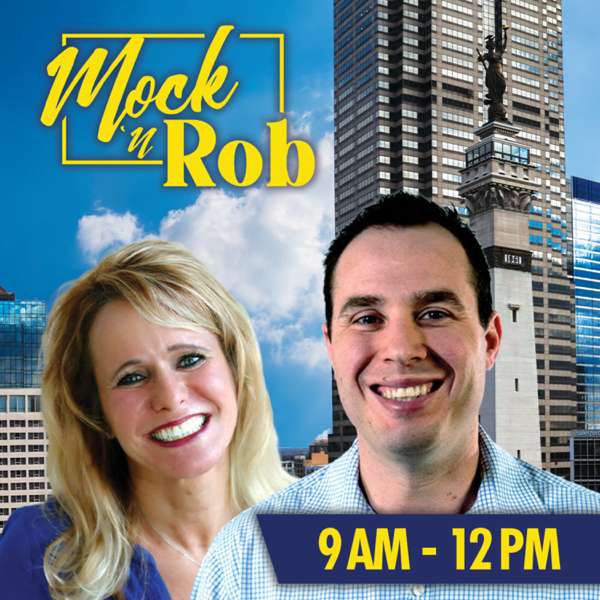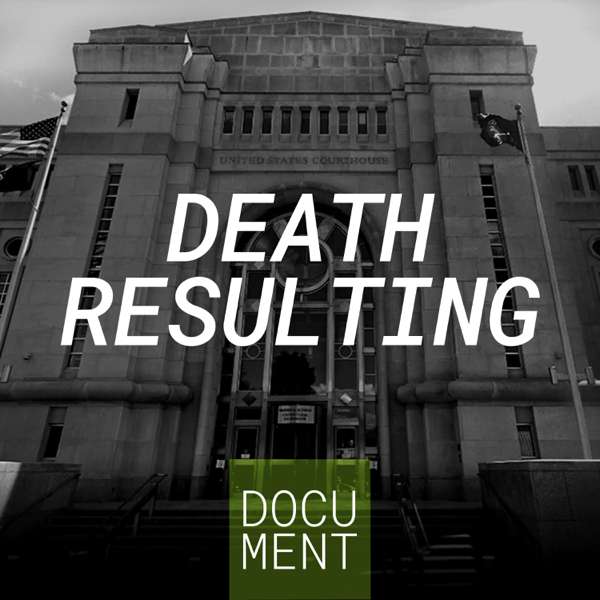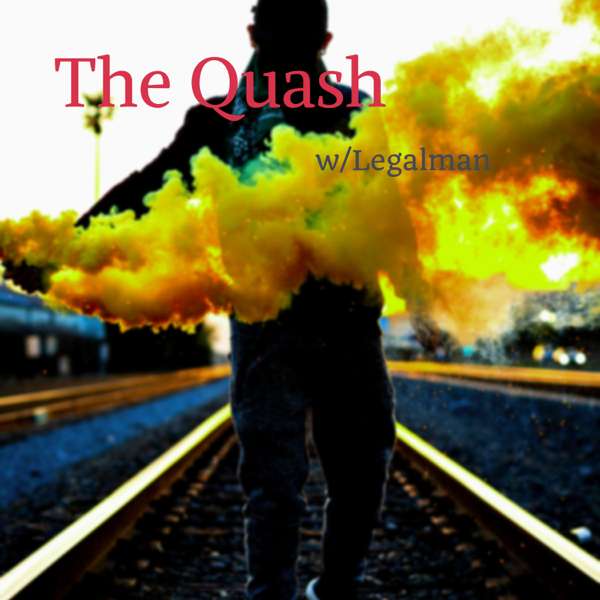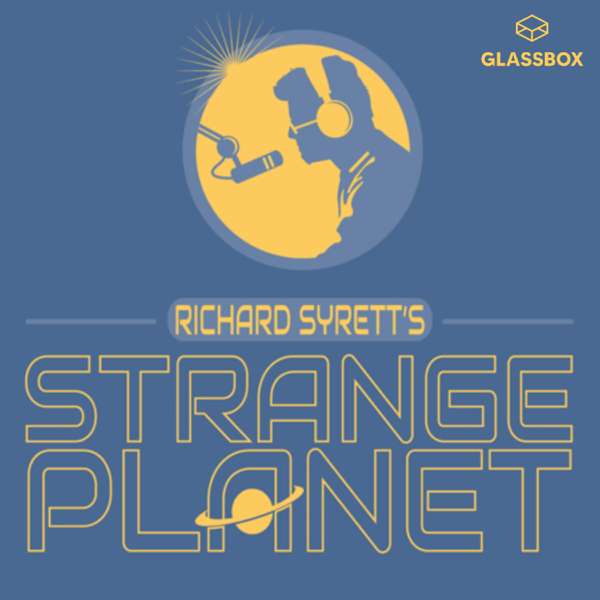There are three types of people in the data world: mathematicians, scientists, and engineers. Mathematicians are interested in understanding things that are true or false. Scientists are interested in furthering knowledge and enjoy answering challenging questions. Engineers are interested in building things that are useful, so they can solve a problem that’s important. Engineers in the software industry are currently searching for ways to resolve the issues associated with microservices. Right now, the software industry is facing a massive architectural transformation, and engineers have the opportunity to create systems that solve important problems.
That’s why Ben Sigelman — CEO and co-founder, started Lightstep, to create something useful and impactful. He saw an opportunity to accelerate the industry’s transformation while improving the developer and end-user experience, and he took it. Using observability, he built something that could help people gain more confidence and understanding of their own system.
As an ex-Googler and co-creator of Dapper, Ben Sigelman witnessed the birth of microservices at Google. He learned a great deal from his experiences, and Lightstep is in many ways a reaction to and a generational improvement beyond those approaches. Sigelman’s fascination lies in deep systems and how they break, but he is also passionate about separating the telemetry from the rest of observability. There is a lot of noise in the marketplace and confusion about how to approach observability, but Sigelman is confident that in the next 5-10 years, applications could change the way the software actually works, not just the way we understand it. Listen to Ben Sigelman and Ben Newton discuss the future of observability, and learn more about how this transformation could impact the industry.
This week’s episode is the second installment of a special three-part series on observability in data. Tune in each week to hear about how the world of observability in transforming into a major player in the data realm.

 Our TOPPODCAST Picks
Our TOPPODCAST Picks  Stay Connected
Stay Connected







